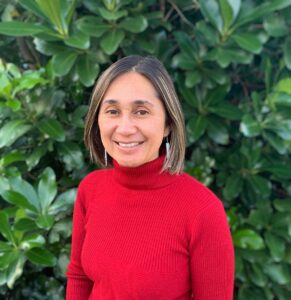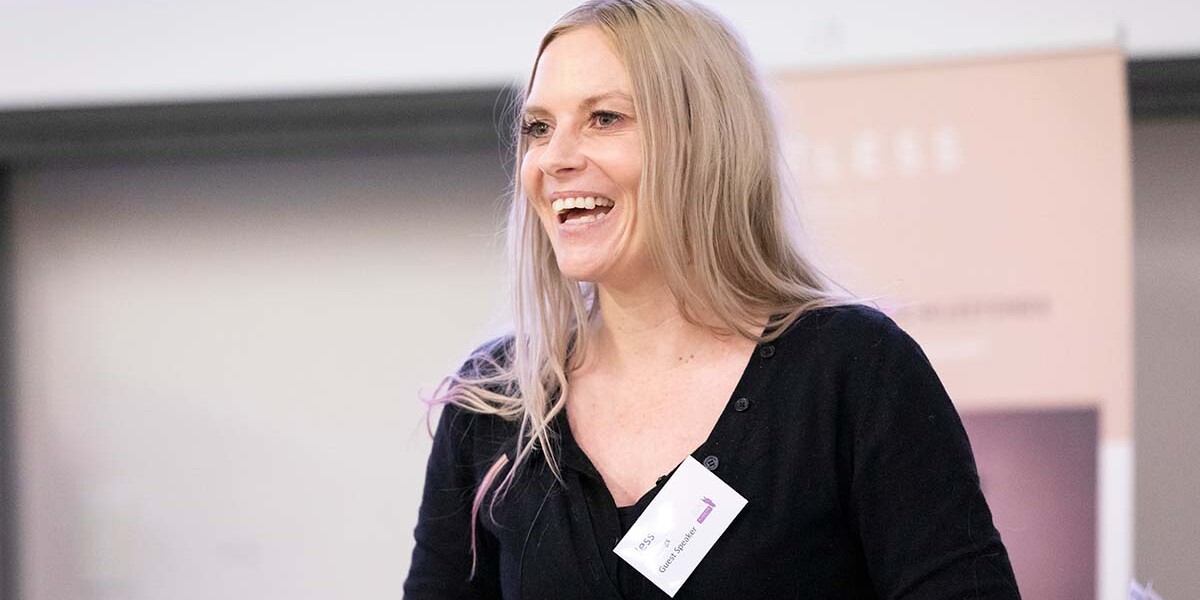
Kia ora. My name is Aryan McKay (Ngāpuhi, Ngātiwai, Ngāti Porou). I grew up in Te Taitokerau (Northland) and currently live in Tāmaki Makaurau (Auckland) with my husband and four tamariki (children). I am currently pursuing a Doctorate of Clinical Psychology at Massey University and I am the very grateful recipient of a Kate Edger Charitable Trust’s First Year Doctoral Award.
I am also a published poet and experienced musician with a particular interest in the therapeutic benefits of Māori creative practices. This interest has been fuelled by my own experience using music as a healing tool to overcome depression, anxiety and fibromyalgia. For my doctoral thesis I am exploring Māori perspectives on the hauora hinengaro (psychological) benefits and therapeutic applications of taonga pūoro (Māori musical instruments). I have been asked to share a little bit about my progress so far.
Most of my year has been focused on conceptualisation. I know that if I can get this right from the start things will flow more smoothly later on. I landed quite early on a general area of inquiry (i.e., Māori music and hauora). However, finding the specific way I can best contribute to this space has been a long and winding journey.
Some of that journey has involved reviewing the existing literature about the hauora hinengaro benefits of taonga pūoro and related practices. While there have not been many academic studies focused specifically on the use of taonga pūoro in this context, robust evidence supports the benefits of related practices (e.g. kapa haka, indigenous sound healing, music therapy). There is also a growing body of research that highlights the health and wellbeing benefits of music from a neuroscience perspective.
Another essential part of my process has been consulting kanohi-ki-te-kanohi (face to face) with my supervisors, kaumātua, mātauranga Māori experts, Kaupapa Māori research experts, and members of the taonga pūoro community. Through this, I’ve been able to expand my knowledge about taonga pūoro, find out about other taonga pūoro research projects, and build collaborative relationships with key taonga pūoro makers, players and researchers. A lot of this took place at various wānanga (learning gatherings) around the country, which I was able to attend thanks to your financial support.
The final key contributor to my progress has been starting to immerse myself in making and playing taonga pūoro and documenting how this practice supports my hauora hinengaro and my whānau’s hauora hinengaro. This has been particularly salient during lockdown. Playing taonga pūoro has been a great way to relieve the normal anxiety and high emotions that can arise in this situation. Experiencing these benefits first-hand has helped me gain a deeper understanding of the concepts discussed during wānanga and in the literature.
I am looking forward to completing the first draft of my literature review, gaining ethics approval, holding my confirmation event, and starting recruitment over the next few months. Thank you so much for your support.

Related Posts
The KEECT Alumni – Jessica Hastings
Jessica Hastings is much more than meets the eye. She is an articulate, vibrant and intelligent…


